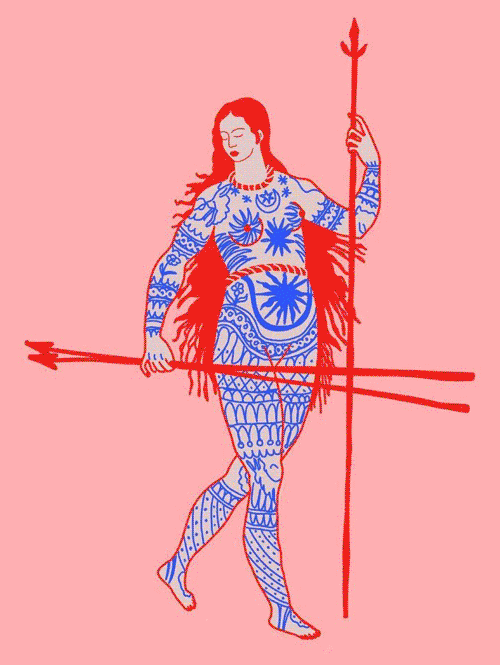Create an account
Welcome! Register for an account
La password verrà inviata via email.
Recupero della password
Recupera la tua password
La password verrà inviata via email.
-
- container colonna1
- Categorie
- #iorestoacasa
- Agenda
- Archeologia
- Architettura
- Arte antica
- Arte contemporanea
- Arte moderna
- Arti performative
- Attualità
- Bandi e concorsi
- Beni culturali
- Cinema
- Contest
- Danza
- Design
- Diritto
- Eventi
- Fiere e manifestazioni
- Film e serie tv
- Formazione
- Fotografia
- Libri ed editoria
- Mercato
- MIC Ministero della Cultura
- Moda
- Musei
- Musica
- Opening
- Personaggi
- Politica e opinioni
- Street Art
- Teatro
- Viaggi
- Categorie
- container colonna2
- container colonna1
Art and culture in Italy – Ingrid D. Rowland
Un ciclo di conferenze organizzato da Pia Candinas Librarian—Cultural Liaison.
Comunicato stampa
Segnala l'evento
Giordano Bruno:
Philosopher / Heretic
A lecture by
Ingrid D. Rowland
Introduced by Federigo Argentieri
Tuesday, February 9, at 3.00 p.m. ROOM 4
Ingrid D. Rowland is a prominent art and cultural historian
whose writings appear regularly in The New York Review of
Books and The New Republic. Her publications include The
Culture of the High Renaissance:Ancients and Moderns in
Sixteenth-Century Rome (1998) and The Scarith of Scornello: a
Tale of Renaissance Forgery (2004). Her latest, highly
acclaimed book Giordano Bruno Philosopher / Heretic was
published in 2008. Ingrid D. Rowland lives in Rome, where she
teaches at the University of Notre Dame’s School of
Architecture.
Giordano Bruno is one of the great figures of early modern
Europe, and one of the least understood. His career took him
to Naples, Rome, Venice, Geneva, France, England, Germany,
and the "magic Prague" of Emperor Rudolph II. With eloquence
and courage, Bruno questioned religious and philosophical
certainties, invented powerful memory techniques and
proposed radically advanced ideas about the infinity of the
universe. He inspired thinkers across Europe, and his
teachings attracted the attention of the pope, Queen Elizabeth,
and also Inquisition, which condemned him to death as a
heretic. He was burned at the stake on February 17th in the
so-called Holy Year of 1600, in Campo de’ Fiori, where his
statue is the site of annual celebrations in his honor.
Ingrid D. Rowland's pathbreaking life of Bruno establishes
him once and for all as a peer of such figures as Erasmus, and
Galileo, a thinker whose vision of the world prefigures ours.
Ingrid D. Rowland's lecture falls near the anniversary of
Giordano Bruno’s death, 410 years ago.
Philosopher / Heretic
A lecture by
Ingrid D. Rowland
Introduced by Federigo Argentieri
Tuesday, February 9, at 3.00 p.m. ROOM 4
Ingrid D. Rowland is a prominent art and cultural historian
whose writings appear regularly in The New York Review of
Books and The New Republic. Her publications include The
Culture of the High Renaissance:Ancients and Moderns in
Sixteenth-Century Rome (1998) and The Scarith of Scornello: a
Tale of Renaissance Forgery (2004). Her latest, highly
acclaimed book Giordano Bruno Philosopher / Heretic was
published in 2008. Ingrid D. Rowland lives in Rome, where she
teaches at the University of Notre Dame’s School of
Architecture.
Giordano Bruno is one of the great figures of early modern
Europe, and one of the least understood. His career took him
to Naples, Rome, Venice, Geneva, France, England, Germany,
and the "magic Prague" of Emperor Rudolph II. With eloquence
and courage, Bruno questioned religious and philosophical
certainties, invented powerful memory techniques and
proposed radically advanced ideas about the infinity of the
universe. He inspired thinkers across Europe, and his
teachings attracted the attention of the pope, Queen Elizabeth,
and also Inquisition, which condemned him to death as a
heretic. He was burned at the stake on February 17th in the
so-called Holy Year of 1600, in Campo de’ Fiori, where his
statue is the site of annual celebrations in his honor.
Ingrid D. Rowland's pathbreaking life of Bruno establishes
him once and for all as a peer of such figures as Erasmus, and
Galileo, a thinker whose vision of the world prefigures ours.
Ingrid D. Rowland's lecture falls near the anniversary of
Giordano Bruno’s death, 410 years ago.
09
febbraio 2010
Art and culture in Italy – Ingrid D. Rowland
09 febbraio 2010
incontro - conferenza
Location
TEMPLE UNIVERSITY
Roma, Lungotevere Arnaldo Da Brescia, 15, (Roma)
Roma, Lungotevere Arnaldo Da Brescia, 15, (Roma)
Vernissage
9 Febbraio 2010, ore 15
Autore
Curatore








